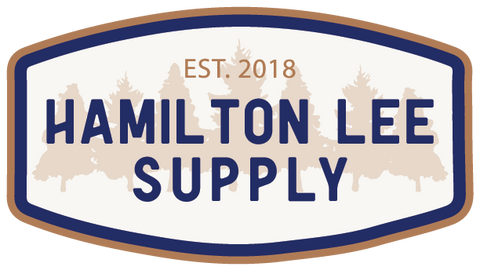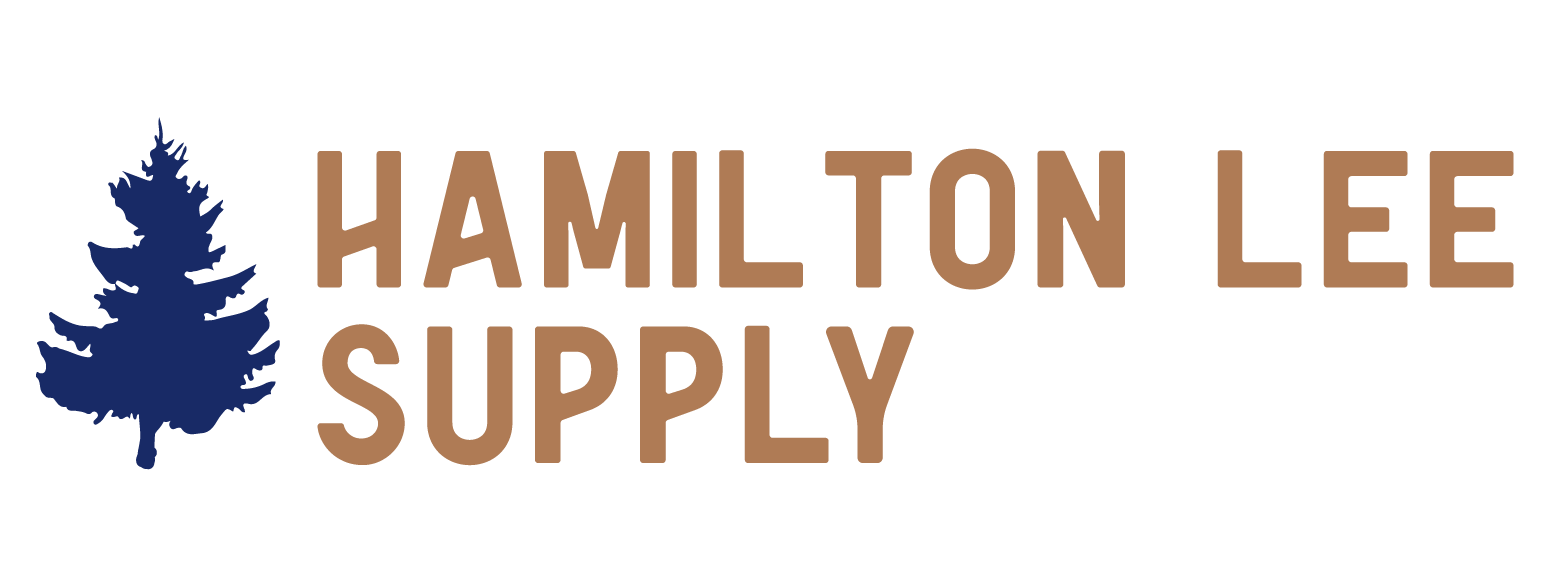LiveEdge Big Leaf Maple
Couldn't load pickup availability
Species: Big Leaf Maple
SKU: BGAABLM499
Length: 88"
Width (Bottom): 17"
Width (Middle): 15"
Width (Top): 7"
Thickness: 2"
Board Foot: 15.89 BDFT
Weight Estimate: 66 Pounds
Origin: Battleground, Washington
Shipping Information:
-Slab Ships From: Battle Ground, Washington
-All slabs are subject to freighted shipping. Once purchased, we will contact you via email or phone to coordinate and secure the best negotiated shipping rate for your location. Shipping costs are based on your zip code, residential/commercial address classification, and whether a liftgate/forklift is required.
If you can't find a slab that perfectly fits your needs among our listed options, feel free to reach out to us directly. We can check our inventory for additional slabs that may suit your preferences.
Contact Information:
-Email: info@hamiltonleesupply.com
-Phone: 360.601.8388
Transform your vision into reality with our remarkable Live Edge slabs. Embrace the artistry of nature in your next woodworking project and create a unique masterpiece for your home.
Crafted with precision and attention to detail, this kiln-dried slab is project-ready, ensuring minimal wood movement and cracking. Our state-of-the-art iDry vacuum kiln removes moisture, guaranteeing its suitability for your project right away.
Please note that as each tree is unique, no two slabs are alike. This individuality guarantees that your furniture piece, whether it's a table, shelf, or any other creation, will be truly one-of-a-kind.
At Hamilton Lee Supply, we are committed to preserving and reusing stunning wood materials. Our focus on sustainability means that every slab tells a story and contributes to a greener future.
Common Names: Bigleaf maple, Oregon maple
Scientific Name: Acer macrophyllum
Distribution: Found in coastal regions of Pacific North America
Tree Size: Grows to a height of 80100 feet (2530 meters) with a trunk diameter of 23 feet (.61.0 meters)
Average Dried Weight: Approximately 34.0 pounds per cubic foot (545 kilograms per cubic meter)
Specific Gravity (Basic, 12% Moisture Content): Ranges from .44 to .55
Janka Hardness: Measures 850 pounds of force (3,780 Newtons)
Modulus of Rupture: Exhibits 10,700 pounds per square inch (73.8 Megapascals)
Elastic Modulus: Approximately 1,450,000 pounds per square inch (10.00 Gigapascals)
Crushing Strength: Stands at 5,950 pounds per square inch (41.0 Megapascals)
Shrinkage: Radial: 3.7%, Tangential: 7.1%, Volumetric: 11.6%, T/R Ratio: 1.9
Color/Appearance: The sapwood of maple is predominantly used, ranging from nearly white to an offwhite cream color, sometimes with hints of reddish or golden hues. The heartwood tends to be a darker reddishbrown. Bigleaf maple is noted for occasional quilted grain patterns.
Grain/Texture: Generally straight grain, with occasional waviness. Fine, even texture.
Rot Resistance: The sapwood of maple is used, making it nondurable to perishable in terms of decay resistance.
Workability: Fairly easy to work with both hand and machine tools, although it can burn when machined at high speeds. It responds well to turning, gluing, and finishing. Staining may require preconditioning, gel stain, or toner for even coloring.
Odor: No distinctive odor.
Allergies/Toxicity: Like other maples in the Acer genus, Bigleaf maple can cause skin irritation, runny nose, and respiratory issues in some individuals. Refer to Wood Allergies and Toxicity and Wood Dust Safety articles for more information.
Pricing/Availability: Generally moderately priced, but figured pieces with curly or quilted grain patterns may command higher prices.
Sustainability: Not listed in the CITES Appendices or on the IUCN Red List of Threatened Species.
Common Uses: Commonly used for veneer, paper (pulpwood), boxes, crates/pallets, musical instruments, turned objects, and various small specialty wood items.
Additional Comments: Bigleaf maple gets its name from having the largest leaves of any maple species, measuring 6 to 12 inches (1530 cm) across. It is a commercially important hardwood timber in the western United States and is considered a soft maple, offering a lighter, softer, and weaker wood compared to hard maple.
Related Species:
Beech, American (Fagus grandifolia)
Box elder (Acer negundo)
Black maple (Acer nigrum)
Striped maple (Acer pensylvanicum)
Red maple (Acer rubrum)
Silver maple (Acer saccharinum)
Hard maple (Acer saccharum)
Maple, mountain (Acer spicatum)
Maple, ambrosia (Acer spp.)
Maple, quilted (Acer spp.)
Maple, soft (Acer spp.)
Maple, spalted (Acer spp.)
Maple, curly (Acer spp.)







